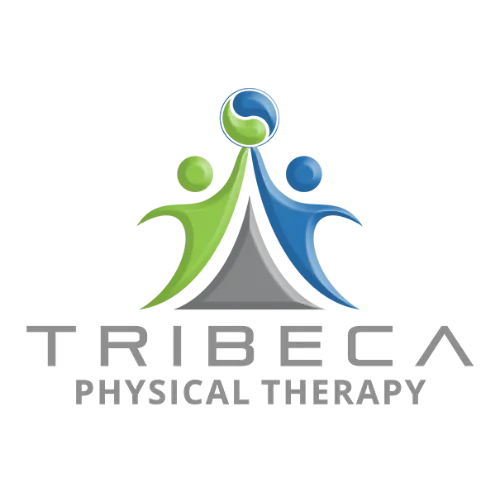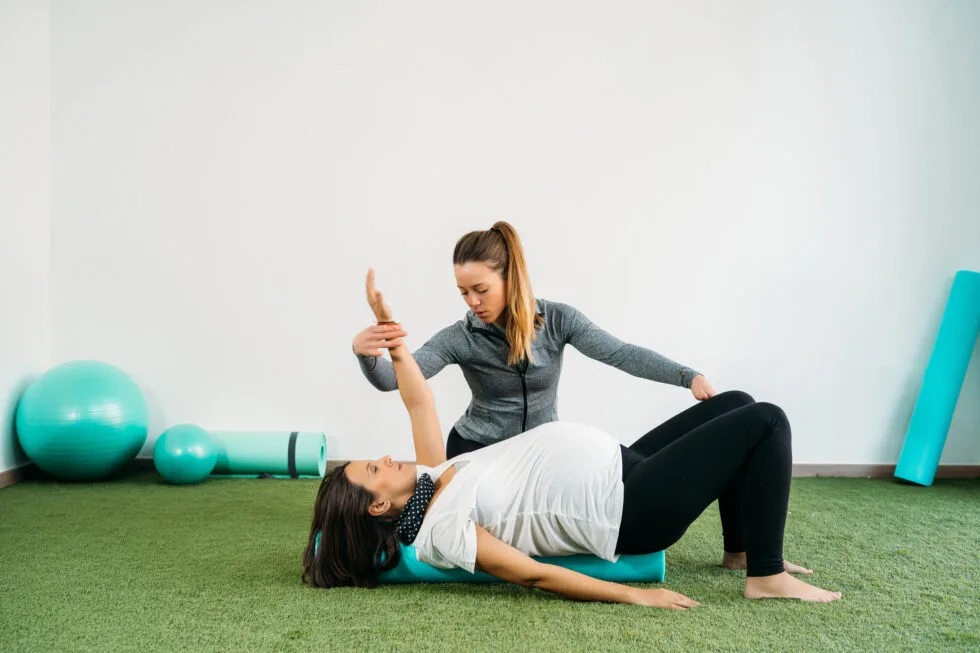Pregnancy and childbirth are among the most amazing life events. Carrying and nourishing a baby for 9 months is a wonderful and fulfilling experience. For women, while it is extraordinary, it can be overwhelming at the same time.
For one, it can take a massive toll on the body, both during pregnancy and delivery. Some time during the first and second trimesters, changes in the body constantly take place. By the third trimester up until the delivery, more stress happens on the body, especially on the pelvic area.
Overstretched abdominal skin, urinary incontinence, and general pain and discomfort are common during pregnancy and childbirth. During childbirth, pushing the baby down the birth canal can strain the pelvic floor muscles.
These experiences still continue after giving birth or post-partum. The body takes time to get back to normal, and they might not be if no additional help is obtained. These physical challenges post-partum can affect even the psychological and emotional aspects.
Here are some of the common postpartum issues:
Protruding Belly
As the uterus begins to expand to accommodate a growing baby inside, the abdominal tissues and muscles also stretch. After birth, the stretch part may not go back to its original state, thus resulting in a belly pooch. Called “diastasis recti”, it is a condition where the abdominal muscles have an unusual gap and the separation does not go back to normal.
Pelvic Floor Dysfunction
Because of intense pushing during vaginal birth or an incision during Cesarean section, the pelvic floor muscles may become weak or damaged. Post-partum, this can result in fecal or urinary incontinence, constipation, pelvic pain and spasms, back pain, decrease in sexual libido, and pain during sexual intercourse.
Pain in the abdomen
After the delivery, the size of the uterus will return to its original size, around six weeks postpartum. The contraction of the muscles can cause mild to severe pains in the abdomen. The abdominal discomfort may be felt more during breastfeeding as the body releases oxytocin that causes the contractions.
Postpartum Depression
The various postpartum pains and discomfort that linger for a while may eventually cause and contribute to postpartum depression. Pains that do not go away and remain unresolved can affect disposition and general well-being, including emotional and psychological. Postpartum depression may also be caused by hormonal changes or adjustments, feeling overwhelmed, and swamped by mixed emotions due to the new responsibilities that a new baby brings.
Physical therapy can help new mothers postpartum by restoring normal functions and regain muscle strength that underwent intense ordeal during childbirth. It can also help manage or reduce symptoms common during postpartum. It can eliminate the effects of pelvic floor dysfunction, such as retraining bladder control in order to avoid urinary leaks or incontinence.
A physical therapist will assess a patient’s current condition. They are highly qualified and trained to make the evaluations on the muscle tone and strength, pain points, muscle coordination, and pain threshold of the patient. From this, a PT will be able to come up with the physical therapy treatment plan suited to the patient’s needs and goals.
A PT may recommend different treatment or modalities, such as Kegel exercises that can help strengthen the pelvic floor muscles. Kegels can be done even before, during, or after pregnancy. It can also help increase bladder control, as well as increase sexual sensation postpartum.
Abdominal exercises that are low-intensity can help restore strength of the abdominal and pelvic floor muscles. The exercises may start easy and light, and can increase in intensity as the patient gains more endurance. Examples of these exercises are pelvic bridge, pelvic tilts, modified planks, and heel slides. Balance exercises that can strengthen the core can eliminate back pain, which usually uses Bosu or yoga balls to perform.
The physical therapist will be the best person to identify the type of exercise that is not too strenuous or beyond the physical capability of the patient. Tribeca Physical Therapy New York has highly qualified physical therapists that can help women postpartum to get back to their pre-pregnancy state and reduce their pain and discomfort. Send them a message today for an evaluation.



